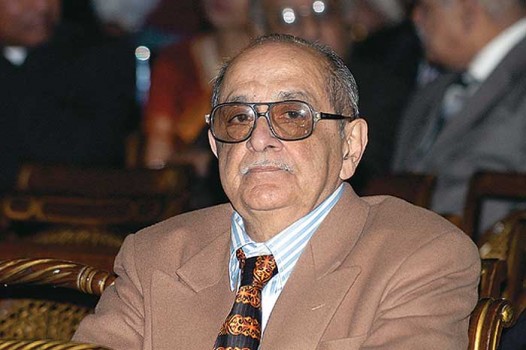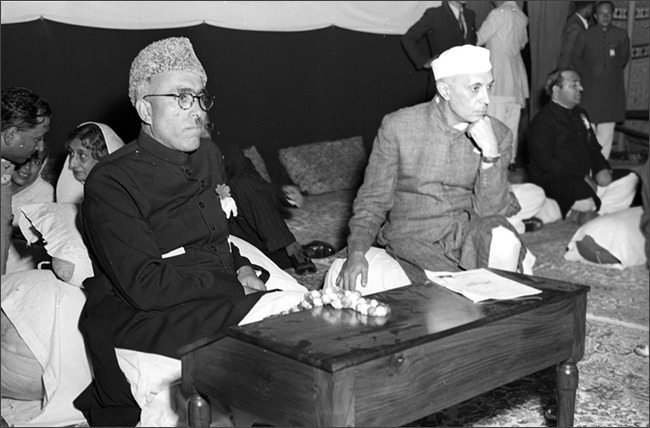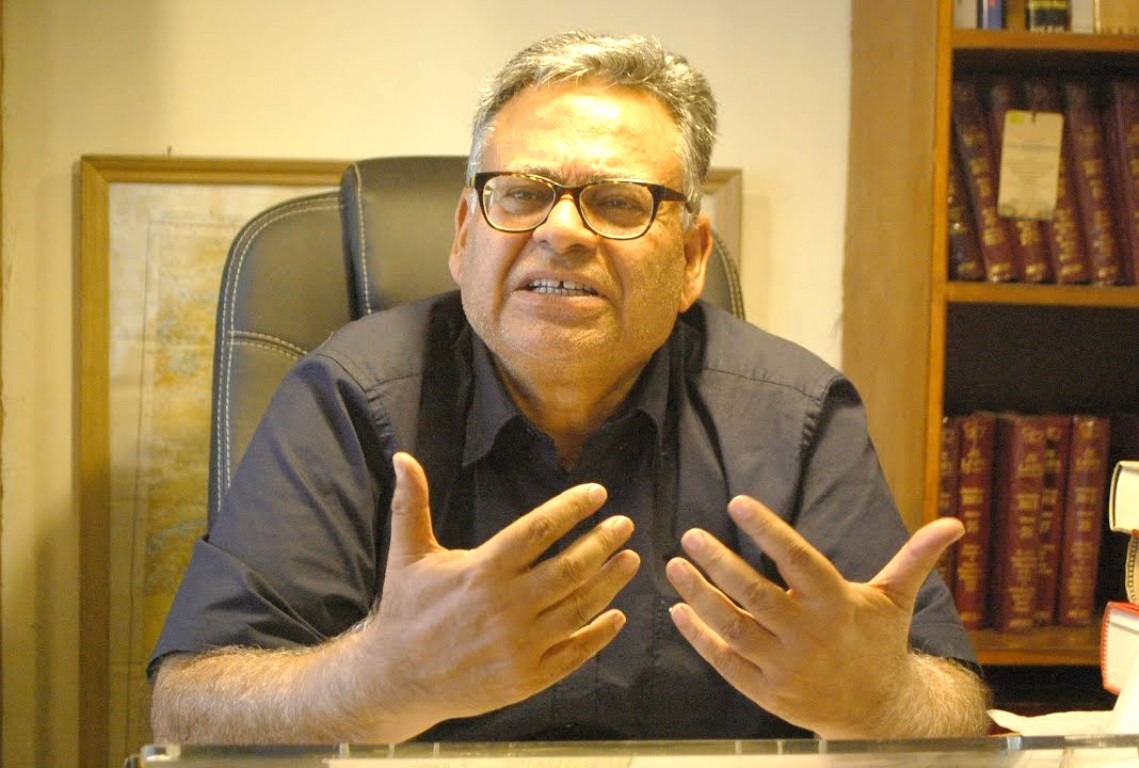In what is seen as an all-out war against J&K’s special status, the Kashmiri political leadership and civil society have threatened the 2008-type stir in wake of any judicial tinkering with the State Subject law. But as the Supreme Court is about to hear the petition on Article 35A, everyone is counting on the state government’s defence.
Even as New Delhi is about to explain legal aspects of Article 35-A to the Supreme Court, many in Jammu and Kashmir are counting on the state government’s response, despite dubbed ‘extremely weak’ by the ex-chief minister Omar Abdullah and thereby escalating fears of the possible judicial tinkering with the State Subject law.
The Supreme Court this past summer had asked Centre to file a reply within three weeks to a writ petition filed by an NGO seeking abrogation of Article 35-A.
The PIL said the state government under the guise of Articles 35-A, 370—granting special autonomous status to JK—has been discriminating against non-residents, debarring them from buying properties, getting a government job and voting in the local elections.
Since the petition is focused on procedural issues, Attorney General KK Venugopal is expected to explain before the Supreme Court the legal aspects of Article 35-A on which Delhi already expressed its reservations when instead of filing a counter-petition, it sought a “larger debate” on it.
Delhi’s legal snub has now apparently brought the state government’s response in the public eye. The state has already requested the three-judge bench headed by Chief Justice of India Dipak Mishra to dismiss the petition in backdrop of the earlier SC judgements.

Fali S Nariman
But back in the Valley, alarm bells began ringing after NC patron Dr Farooq Abdullah called for the Opposition Meet over the issue, warning the 2008-type uprising in case of any judicial fiddling. “We have engaged the best constitutional expert of the country, Fali Nariman, to contest the case in Supreme Court along with our Advocate General,” the state law minister Abdul Haq Khan tried acting like a fireman on the raging issue.
But all this merits a question: how strong is state government’s defence?
In its succinct defence, the state government—principally PDP—has argued that the petition “is not maintainable because the issue has been settled by the apex court in a case titled Sampat Prakash and others.”

Quoting the SC judgment in Puranlal Lakhanpal v/s President of India and others case, the state has argued that the underlying object of Article 370 is to recognize J&K’s special provision.
The State’s response came after the petitioner objected the legality of Article 35A, added to the constitution by a constitutional amendment by President under Article 368.
President Rajendra Prasad through Constitution Order of 1954 had extended Article 368 in its application to the State with a proviso that an amendment to the Constitution of India made under Article 368 is not applicable to J&K unless such amendment is applied by order of the President.
“The president had the power to incorporate a new provision in the Constitution by way of an order,” the state defence reads.
As such, the response reads, no amendment of Indian constitution shall extend to J&K unless it is so extended by an Order of the President.
But the Srinagar-based legal experts and commentators are already sounding like prophets of doom over the J&K government’s brief 9-page counter-affidavit in SC.
“Fact is,” says Zaffar Shah, Kashmir’s prominent advocate, “J&K’s case isn’t weak, but the defence put by the state is very brief based on the earlier SC judgements.”

Advocate Zaffar Shah
Shah says the state should have put the arguments in a manner that would counter the new context of the petition. “What I know in a capacity of a legal practitioner is that the state has pleaded for filing a detailed response, in case SC judgement favours the petitioner.”
This is where many believe that the state’s defence is puny, triggering fears that J&K might lose its legal battle in Supreme Court, if the case will be referred to a bigger bench on Oct 30.
In that wake, the move would usher in a demographic change in J&K, with new settlers coming to live in State. This will vindicate the stand of BJP, an alliance partner in the ruling state coalition government, which has already said, “time to say goodbye to Article 370” as it creates “separatist emotions”.
In its poll manifesto, BJP—the rightwinger known for its fierce lobby on the abrogation of Article 35A—promised “land at cheap rates for establishment of Sainik colonies in major towns” for retired soldiers. The party believes that the article is responsible for the Muslim majority character of Kashmir and argues that the said law resulted in “total isolation” of the state.
“This provision has done a great harm by not allowing anybody from the other parts of India to come and settle here,” says a BJP spokesperson.
However, despite PMO’s ‘assurances’, chief minister Mehbooba Mufti’s emissaries lately visited Delhi for strengthening the state’s defence. But a legal luminary like Zaffar Shah believes that the state government should have instead insisted upon the Centre to file a counter-affidavit than counting on its political promise.
“Since it’s a legal matter,” Shah says, “so therefore the Centre must clear its stand — otherwise, the uncertainly will continue to prevail over the issue.”
In case the petitioner’s argument is accepted on Monday, Oct 30, the state government response reads, the relation of almost all states with the dominion of India becomes questionable then.
In that case, many warn, Delhi will have a hot mess in its hands.








